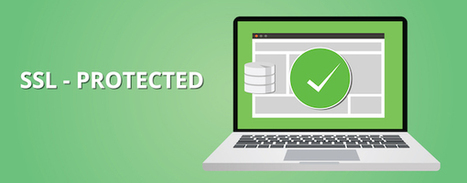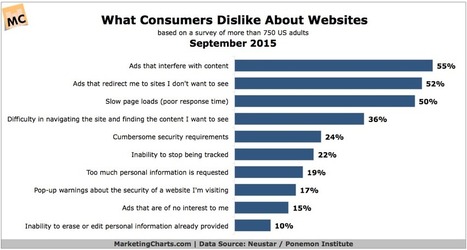Does the idea of improving your search engine rankings and offering your visitors better security sound like something you’re interested in? What if I upped the ante and told you it wouldn’t cost you a penny? SSL certificates secure your website’s connection and boost its rankings in Google. And now, thanks to services like Let’s Encrypt, you can actually get a free SSL certificate for your website.
Yup, all of the benefits of SSL, none of the costs!
In this post, I’m going to dig into what SSL certificates are, how they benefit your site, and how you can get your very own free SSL certificate. Then, I’ll even share a super simple plugin that makes getting set up with SSL on WordPress an absolute breeze....



 Your new post is loading...
Your new post is loading...









Displaying an SSL certificate is important to show your site is safe and protected. Learn how to add one for free with Let's Encrypt.
Displaying an SSL certificate is important to show your site is safe and protected. Learn how to add one for free with Let's Encrypt.